We continue to respond to the challenge of climate change and our declared climate emergency in pursuit of a climate resilient Wellington Region. Our role is to reduce our organisational greenhouse gas emissions, strengthen regional climate action, and assist in regional adaption planning.
Managing the risk of climate change
We’re taking a lead role, working with government, mana whenua, and our communities to protect our region right now and for generations to follow. We’re already taking climate action through much of our work outlined in the Long Term Plan 2024-2034, to build our climate risk preparedness, create a low-emissions economy, sustainable urban and rural development, and critical behaviour change. Some of our key projects include:
- Regional adaptation planning
Through the Wellington Regional Leadership Committee, we’re working with our partners to support a co-ordinated approach to climate adaptation in the future. We are a source of data on climate impacts and risks for our partners and the community. Greater Wellington also has a Regional and Organisational Climate Action Plan that directs our mahi. - Energy Transformation Initiative
We’re investigating building renewable electricity generation assets, such as solar panels on buildings and solar farms to meet our growing electricity needs and eliminate our carbon emissions from purchasing electricity. This has the potential to avoid thousands of tonnes of carbon emissions each year and help us and the country achieve our climate goals. - Erosion and flood protection works
As well as natural variations in the region’s weather, rising sea levels and extreme weather events are expected to increase the frequency and severity of flood events in the future. Alongside our regular flood river management activities, our Climate Resilience Programme delivers a range of flood protection engineering projects that help build more resilient river communities in our region.
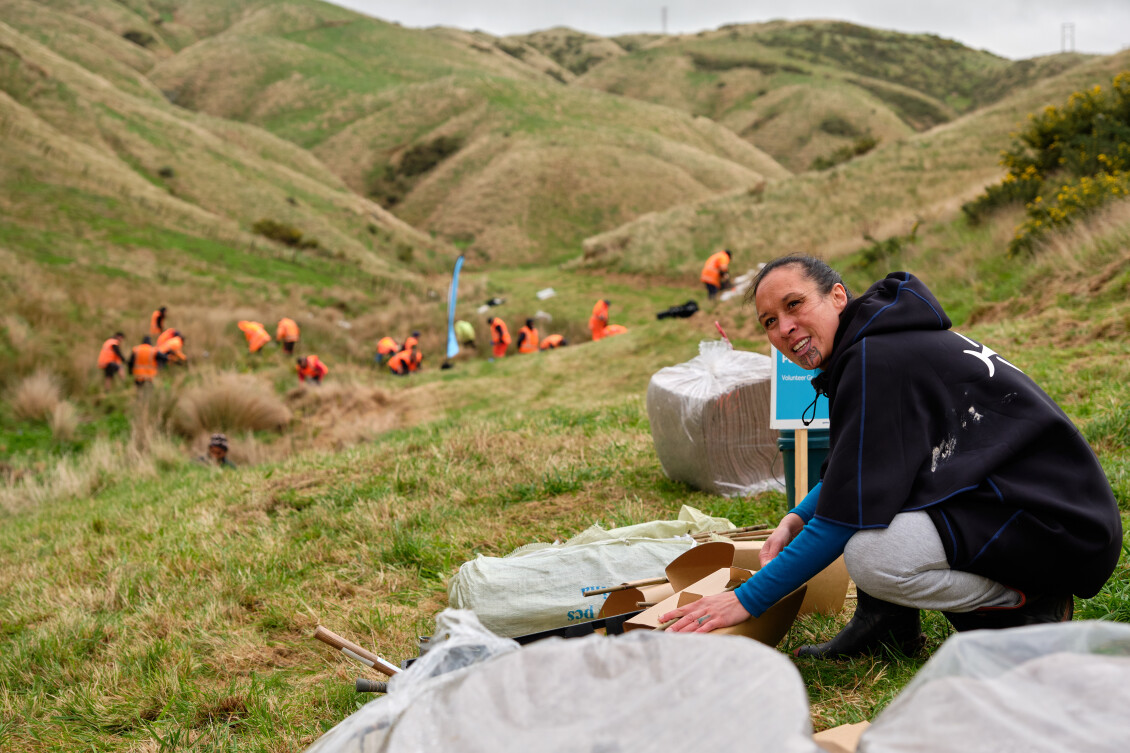
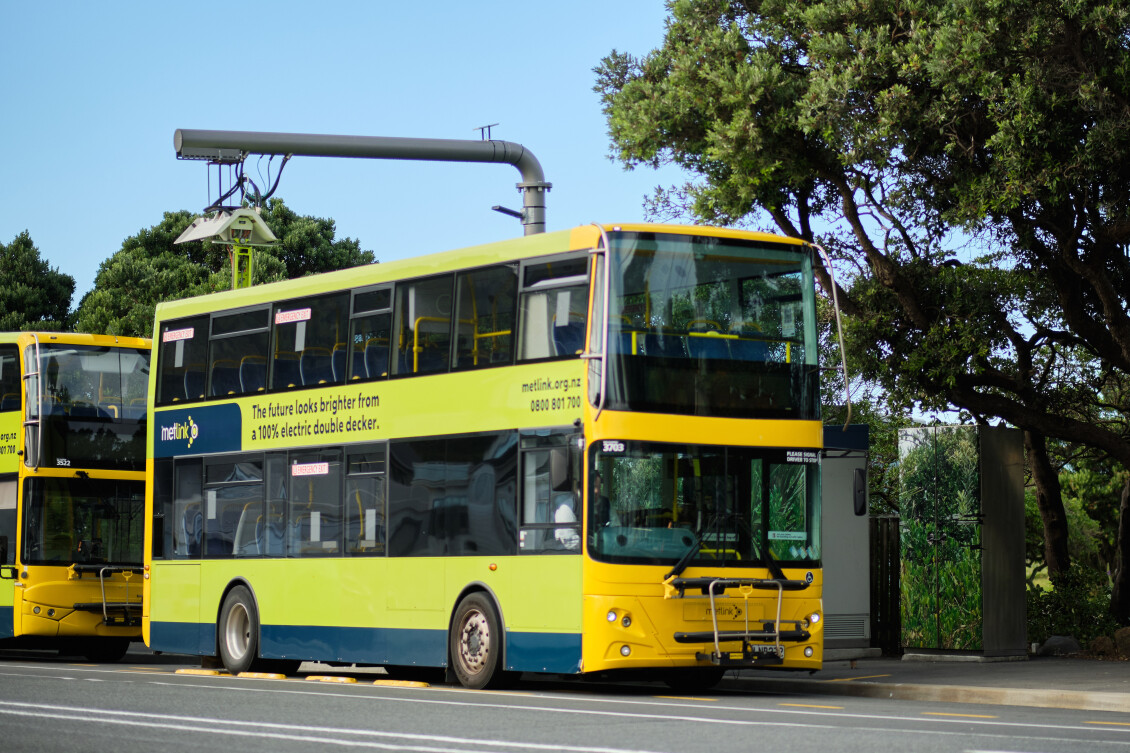
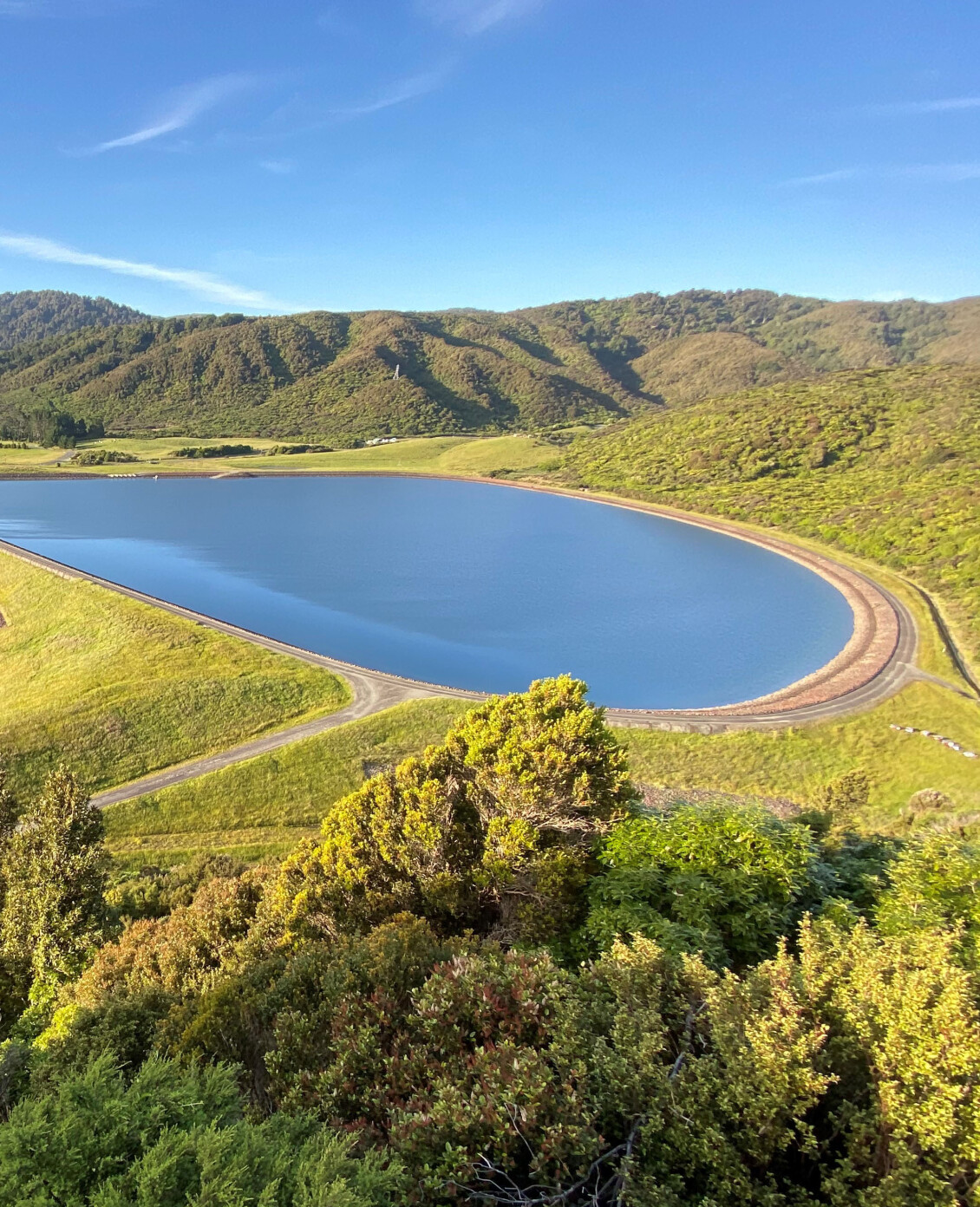
Improving our environmental impact
Greater Wellington’s emissions are primarily from our public transport service, grazing animals, and bulk water supply. We set ambitious greenhouse gas emission reduction targets for our organisation – to become climate positive by 2045 and to achieve 84% total gross emission reductions by 2040. The later target is science aligned with the global Paris agreement goal of limiting warming to 1.5C. Climate positive is where we are removing more greenhouse gas emissions from the atmosphere than we emit as an organisation.
- Moving to electric buses
More than 25% of Metlink buses are now electric, with our goal of all core bus services to be electric by 2030, and to have an emissions free fleet by 2038. The increase in electric buses has led to better air quality in Wellington’s central city, with our environmental impact reports showing greenhouse gases and air pollution have continued to trend downward since 2021. - Retiring animal grazing in our parks
We’re restoring native ecosystems and planting hundreds of thousands of native plants, shrubs and grasses on previously grazed areas in four regional parks. The emissions removal from these newly established forests is critical to our target of removing more greenhouse gases from the atmosphere than we emit by 2045. - Bulk water supply
We’re working on reducing emissions associated with taking, treatment, and supply of drinking water. We’re identifying the environmental impacts of existing water supply activities and closely monitoring these through resource consents and an ISO 14001 accredited environmental management system. - Corporate and operations
Greater Wellington has made significant progress in understanding our emissions profile and how to reduce that. Some of the steps we’ve taken include reducing workplace travel, moving to an electric corporate light vehicle fleet and reducing our office waste and electricity usage. We have an emissions reduction policy that directs staff to consider options that do the most to avoid, reduce or absorb greenhouse gas pollution in the work they undertake.
Find out more about the climate action we’re taking in our Long Term Plan.
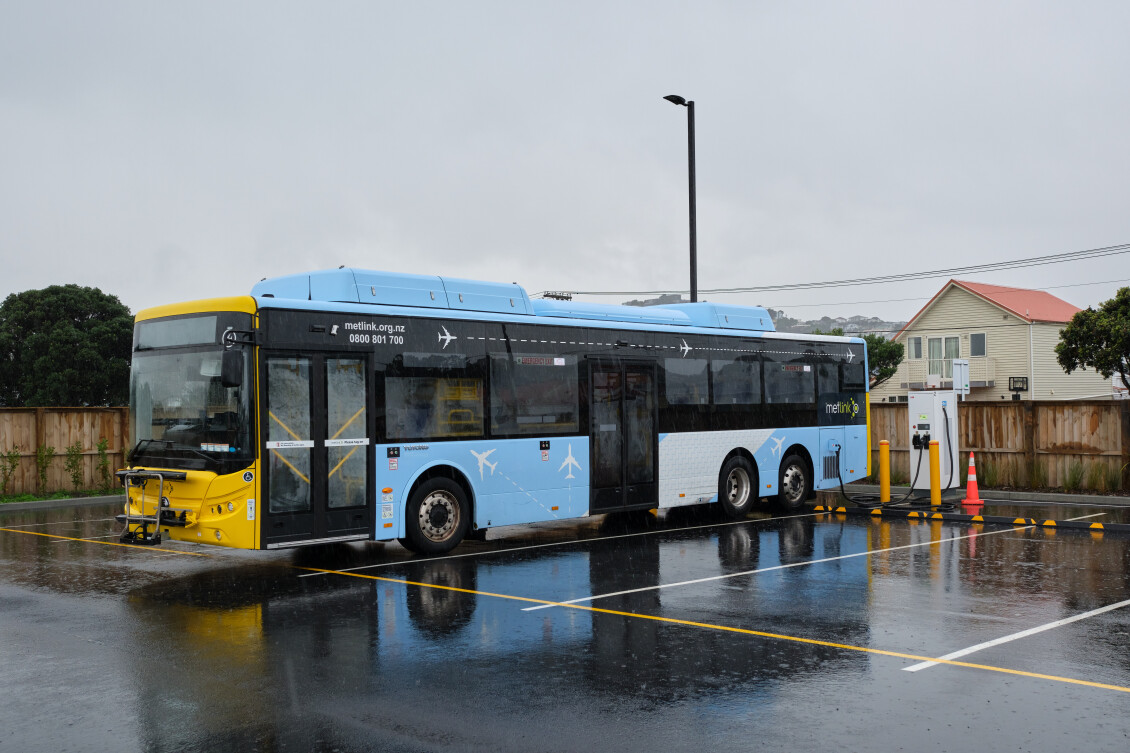
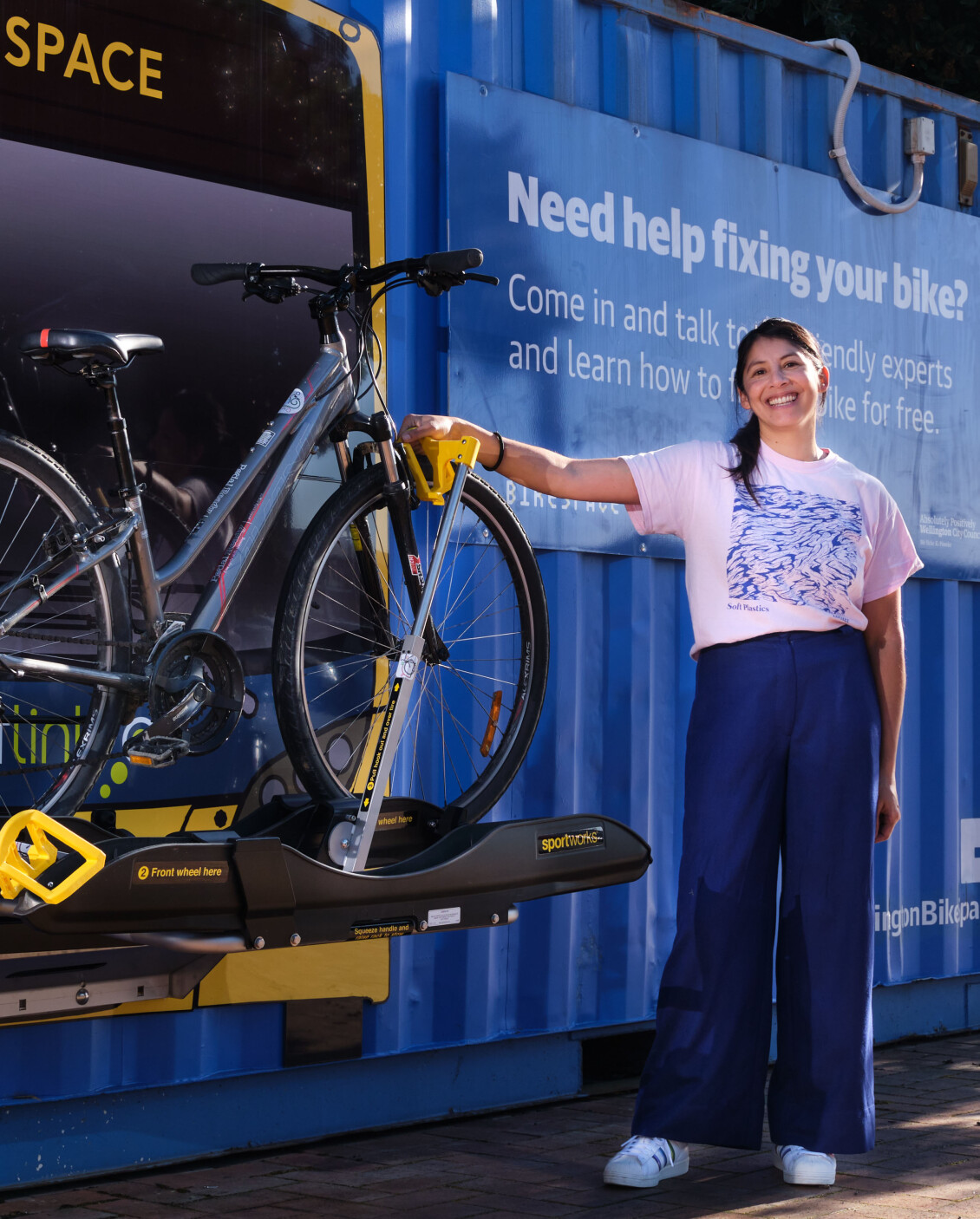
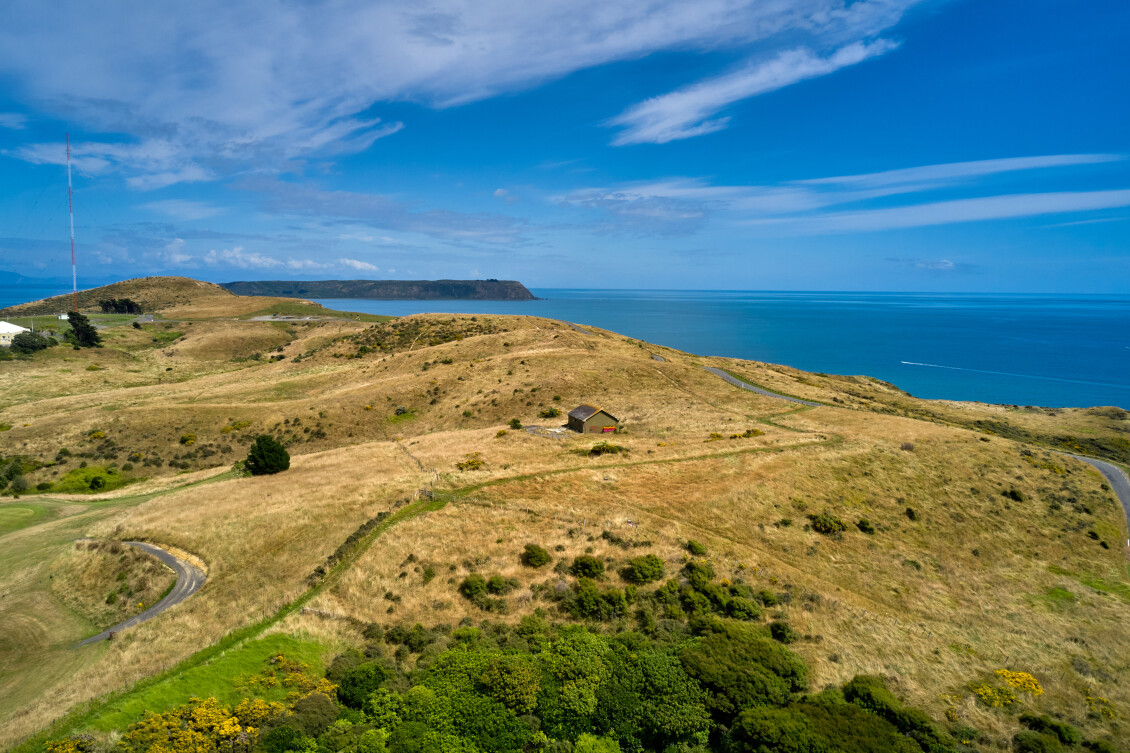
Get in touch
- Phone:
- 0800 496 734
- Email:
- info@gw.govt.nz
